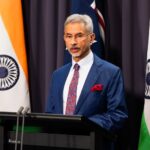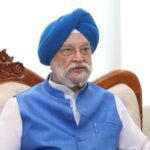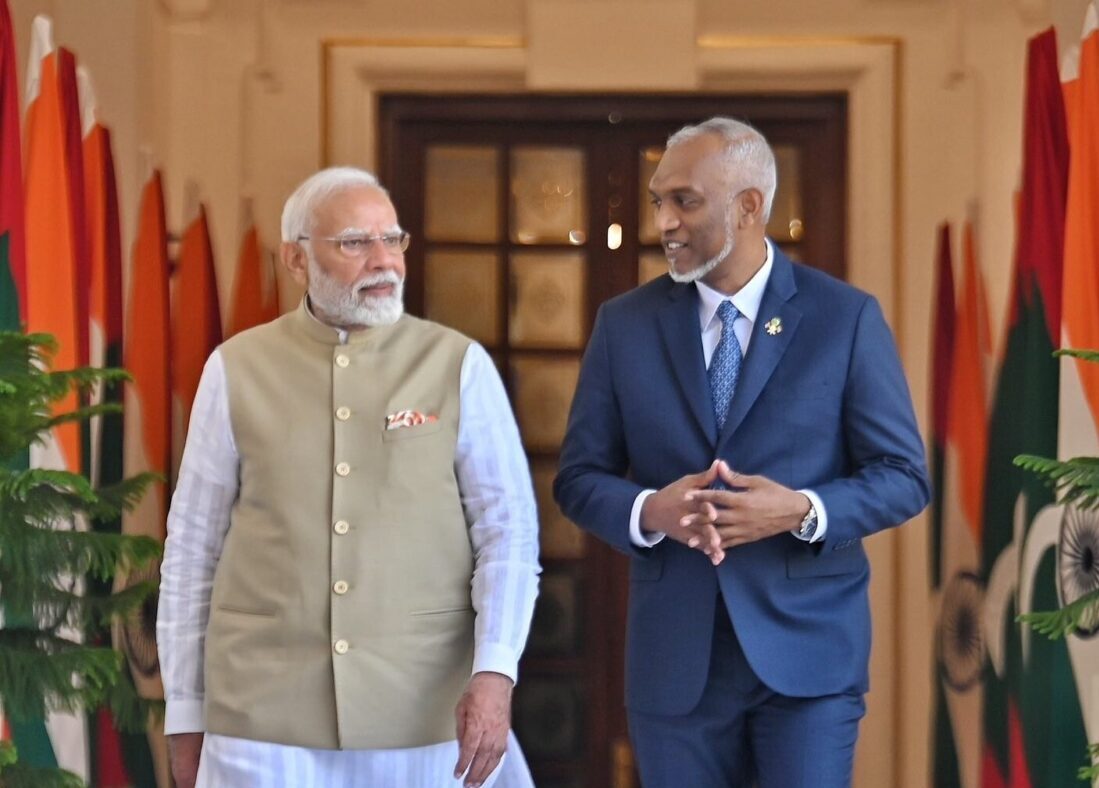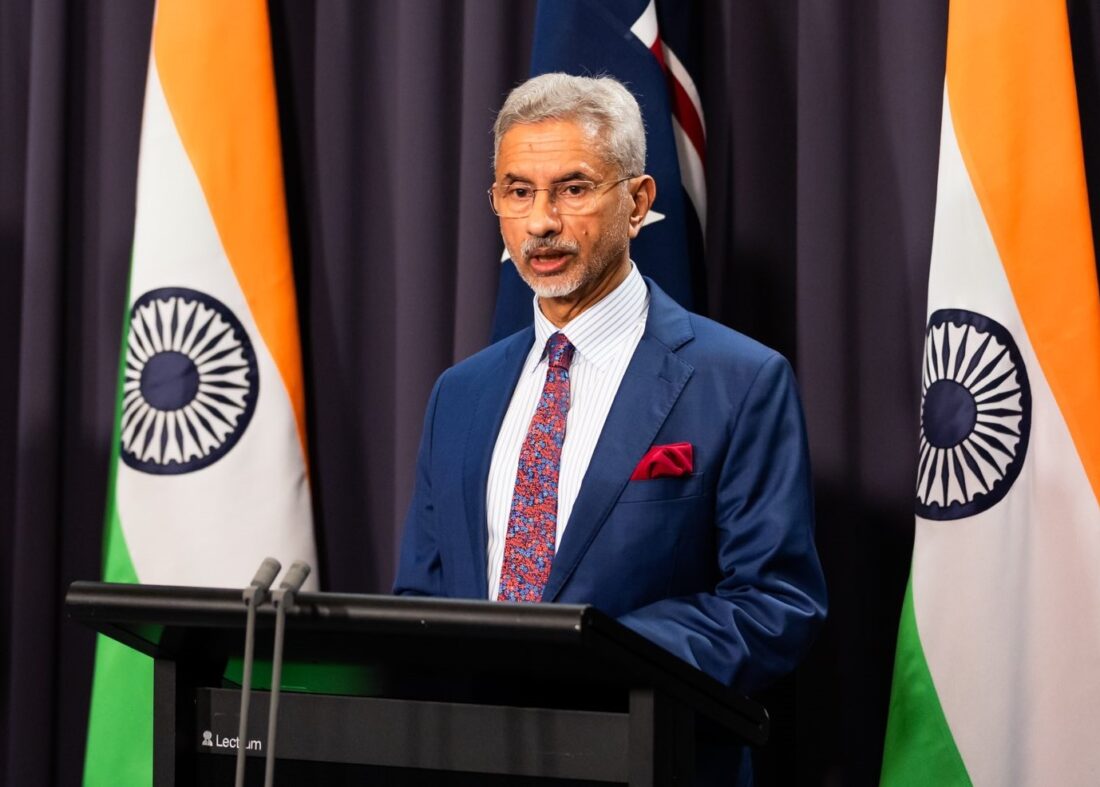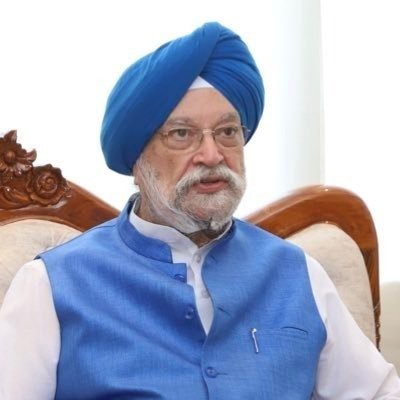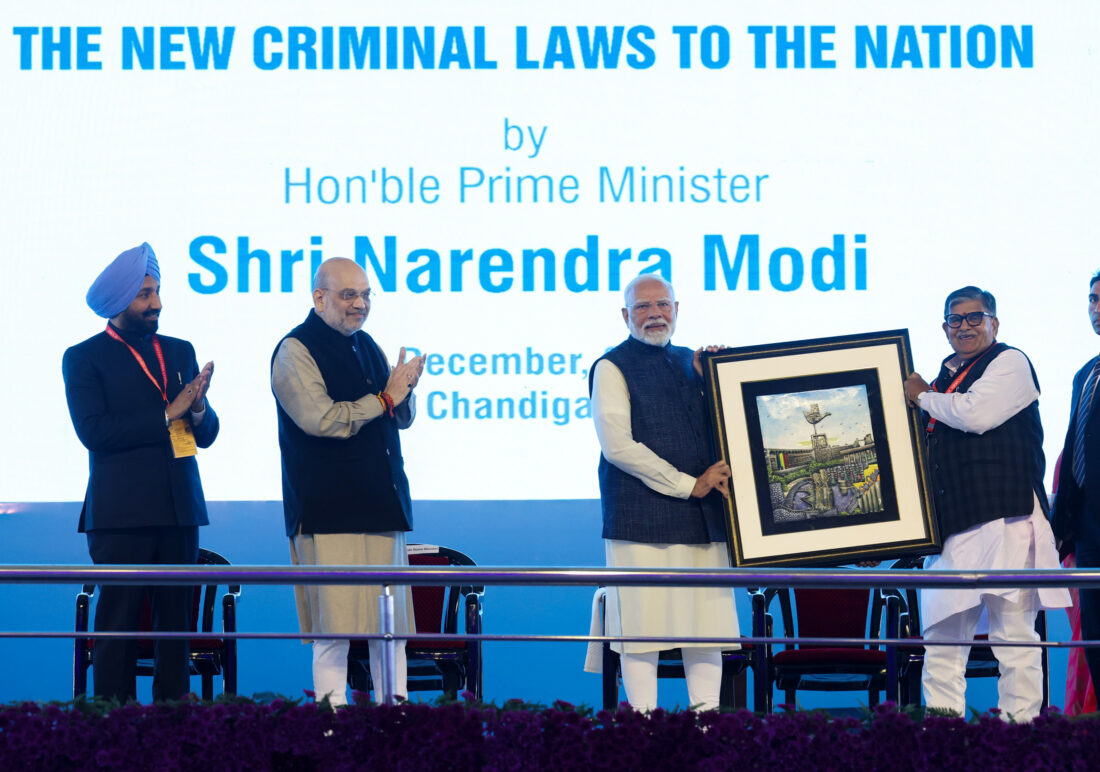North News
New Delhi, October 7
Prime Minister Narendra Modi and Maldives’ President Dr. Mohamed Muizzu met today to review the entire range of bilateral relations and chart a new path towards strengthening their comprehensive economic and maritime security partnership. The meeting reinforced the historically close ties between the two nations and emphasized cooperation in various sectors for the mutual benefit of their peoples.
In addition, President Muizzu welcomed India’s decision to extend $400 million in a bilateral currency swap agreement and INR 30 billion in support to help the Maldives address its ongoing financial challenges. The leaders acknowledged this as the perfect time to transition the India-Maldives relationship into a Comprehensive Economic and Maritime Security Partnership, focusing on future-oriented, people-centric initiatives that ensure stability in the Indian Ocean Region.
Prime Minister Modi reaffirmed India’s unwavering commitment to the Maldives under its ‘Neighbourhood First’ policy and the Vision SAGAR (Security and Growth for All in the Region). He stressed that India would continue supporting the Maldives on its developmental journey. President Muizzu expressed gratitude for India’s emergency financial assistance, including the extension of $100 million through Treasury-bill rollovers, which provided vital support to the Maldives’ urgent financial needs. India’s assistance, Muizzu noted, has been consistent during times of crisis, from the 2014 water emergency in Malé to the COVID-19 pandemic.
Political exchanges between the two countries will be enhanced, with expanded interactions at the leadership and ministerial levels, including parliamentary and local government representatives. A Memorandum of Understanding (MoU) will be signed to institutionalize cooperation between the two parliaments, reflecting the shared democratic values that have underpinned their relationship.
On development cooperation, both sides agreed to accelerate ongoing projects that provide tangible benefits, such as social housing, healthcare, infrastructure development, and the flagship Greater Malé Connectivity Project (GMCP). They also plan to expand collaboration in the development of commercial ports, transshipment facilities, and economic zones, as well as exploring further investment in tourism and agriculture.
Trade and economic collaboration will be a focal point, with plans to initiate discussions on a Bilateral Free Trade Agreement (FTA) and operationalize local currency trade between the two nations. The leaders also committed to supporting the Maldives’ efforts to diversify its economy by strengthening cooperation in agriculture, fisheries, oceanography, and the blue economy. Bilateral investments and tourism promotion will also be expanded through joint marketing efforts.
In the area of digital and financial cooperation, India will share its expertise by introducing its digital public infrastructure, including Unified Payments Interface (UPI) and digital identity services, to enhance governance and service delivery in the Maldives. The RuPay card system, already launched in the Maldives, will be expanded for easier transactions, particularly for Maldivian tourists in India.
Energy security is a key focus, with India pledging to collaborate on renewable energy projects to help reduce energy costs and assist the Maldives in achieving its Nationally Determined Contributions (NDC) goals. This includes participation in India’s One Sun One World One Grid initiative, which aims to integrate renewable energy grids across the region.
In healthcare, both countries will deepen their cooperation to improve access to affordable and quality healthcare for Maldivians. Efforts will include recognizing Indian pharmacopoeia, establishing Jan Aushadhi Kendras for generic medicines, and enhancing mental health services. Additionally, they agreed to work together on cancer research, drug de-addiction, and emergency medical evacuation capabilities.
Defense and security cooperation was another priority, with both leaders agreeing to advance maritime security initiatives to address common challenges in the Indian Ocean, including piracy, illegal fishing, and terrorism. India will support the Maldives National Defence Force (MNDF) through the provision of defense platforms, radar systems, and enhanced surveillance capabilities. Ongoing projects, such as the ‘Ekatha’ harbor project at Uthuru Thila Falhu, will receive India’s full backing for timely completion.
Capacity building and training programs will also be expanded, with a focus on skill development for civil servants, local government representatives, and Maldivian women entrepreneurs. India will assist in establishing a start-up incubator to foster innovation among Maldivian youth.
To strengthen people-to-people ties, consulates will be opened in Bengaluru and Addu City, and efforts will be made to improve air and maritime connectivity, further enhancing tourism and economic engagement. Both countries will also collaborate on establishing higher education institutions, skilling centers, and centers of excellence in the Maldives.
Finally, India and the Maldives reiterated their commitment to close cooperation in regional and multilateral fora, including the Colombo Security Conclave (CSC), where both nations work together to ensure a safe and secure Indian Ocean Region. A new High-Level Core Group will be established to oversee the implementation of the leaders’ shared vision and ensure the timely execution of all agreed initiatives.
This comprehensive partnership between India and the Maldives reflects the countries’ mutual dedication to regional stability, economic prosperity, and security cooperation, benefiting not only the two nations but the broader Indian Ocean Region.


